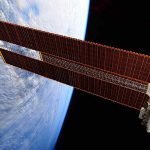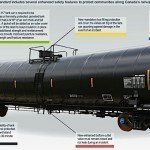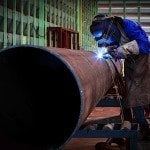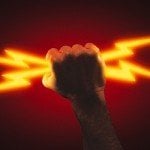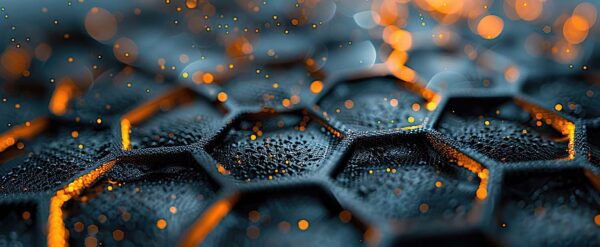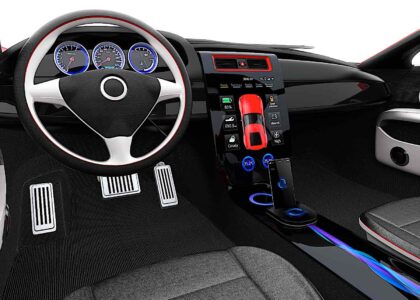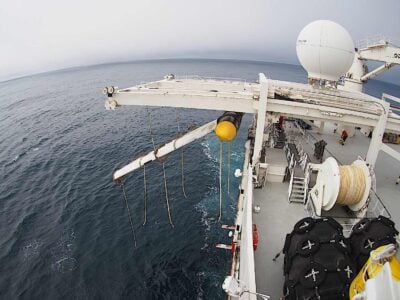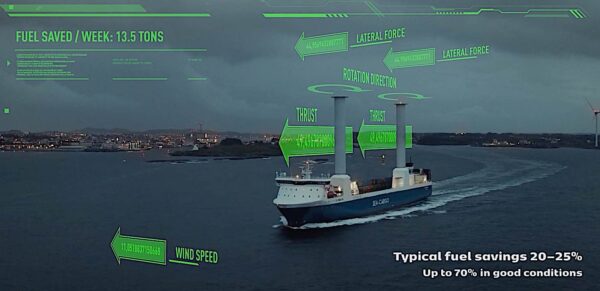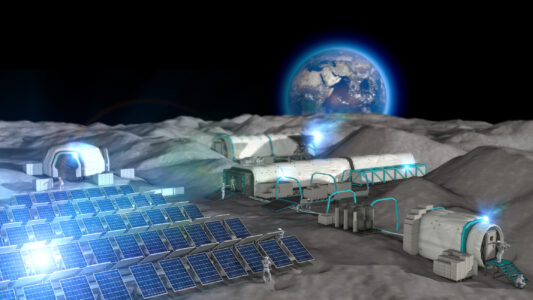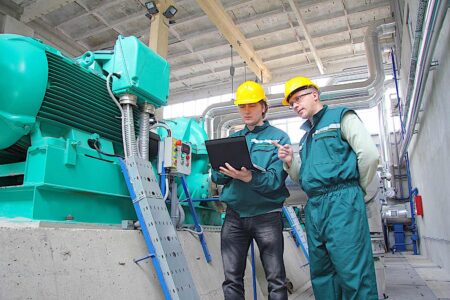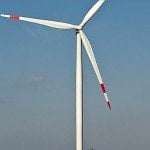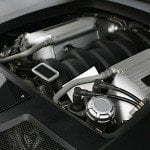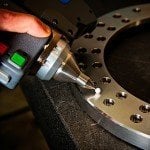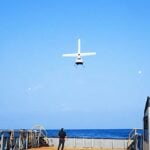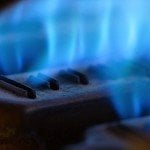It’s appropriate that a potential breakthrough in solar energy should come from Australia. The country has one of the highest adoption rates for solar panels and solar water heaters in the world: 19 per cent of Australian households have panels and water heaters installed. Of that, 14 per cent have rooftop photovoltaic panels. In parts of the country the percentage is even higher. By comparison, just 0.4 per cent of US homes use solar panels for electricity and heating.
Now a team of researchers at the University of New South Wales (UNSW) say they have developed a solar energy system that works with 40 per cent efficiency, the highest ever reported. The usual efficiency rate for converting sunlight into electricity is around 8–15 per cent. Previously, the UNSW team had managed to get 19.3 per cent efficiency from a crystalline silicon solar cell, a record at the time. According to an energy company working with the university team, RayGen Resources, the 40 per cent efficiency achieved equals the most efficient coal-powered generating plants in Australia.
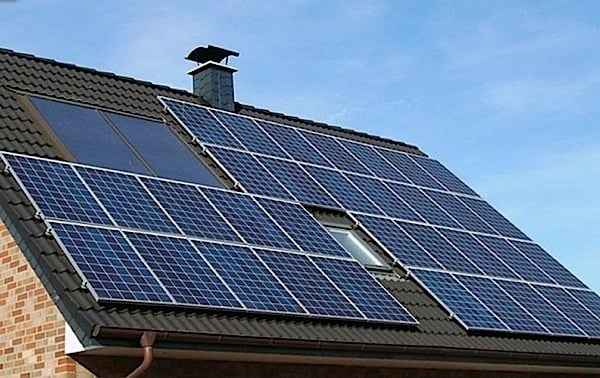
To achieve this new record, the team used commercial solar cells, “but in a new way,” according to a statement from the university. A key part of the design is the use of a “custom optical bandpass filter” that captures sunlight that is normally wasted by commercial solar cells. The filter, which works by focusing sunlight, reflecting certain wavelengths while transmitting others, converts that “wasted” sunlight into electricity more efficiently than the solar cells themselves can. Because the process uses commercially available solar cells, the efficiency improvements will be “readily accessible” to the solar industry.
RayGen Resources is developing what it calls “power towers” which use self-powered mirrors to collect and focus sunlight on a “central receiver.”
The work was funded by the Australian Renewable Energy Agency (ARENA). The results will be published in Progess in Photovoltaics.
Canadian Solar sells power plant to Concord Green Energy
Meanwhile, in Canada, Canadian Solar Inc. announced today that it has sold a 10 MW AC Raylight solar power plant, with a value of “over $65 million” to Concord Green Energy, a division of Concord Pacific. The senior vice president of Concord Pacific, Cliff McCracken, said that his company believes solar technologies will play a key role in satisfying the demand for sustainable energy in Ontario.

